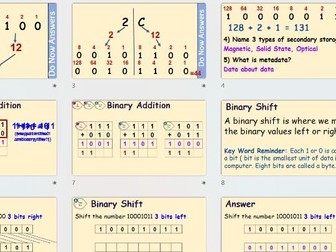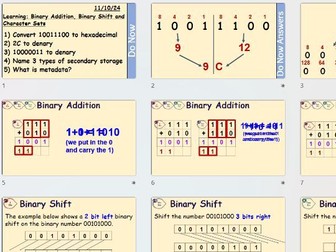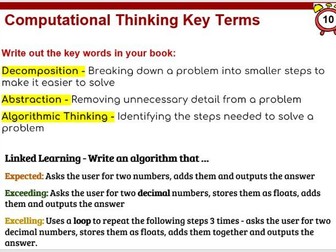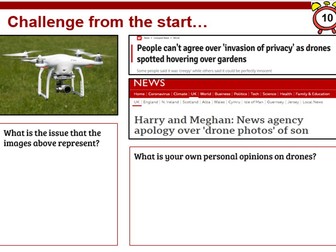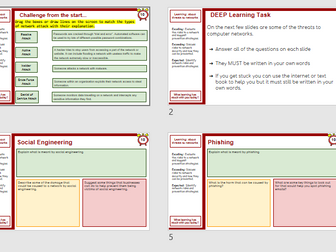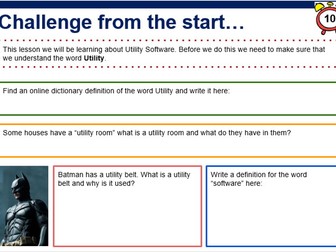Systems Architecture and Representing Data Units GCSE OCR J277
<p>A whole terms worth of work for GCSE Computer Science OCR covering:</p>
<ul>
<li>What makes a computer system</li>
<li>Embedded systems</li>
<li>The CPU</li>
<li>Primary and secondary storage</li>
<li>Virtual memory</li>
<li>Images</li>
<li>Sound</li>
<li>Character sets</li>
<li>Binary</li>
<li>Hexadecimal</li>
<li>Binary Shift</li>
<li>Binary addition</li>
</ul>
<p>Each lesson starts with a Do Now task and includes animated answers to make it easy to run through them. Each lesson uses I DO, WE DO, YOU DO models.<br />
The lessons were originally designed to be 100 minutes long but the lessons could by divided up into hour lessons or less if required.</p>
<p>Each powerpoint is animated to ensure that it breaks down the concepts and can be delivered by teachers who are less confident in the topics.</p>
<p>Please leave a review if you find it useful.</p>
<p>Thank you :)</p>
